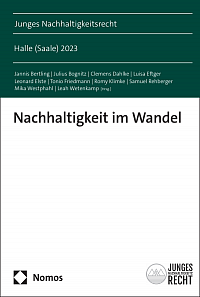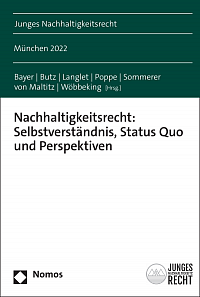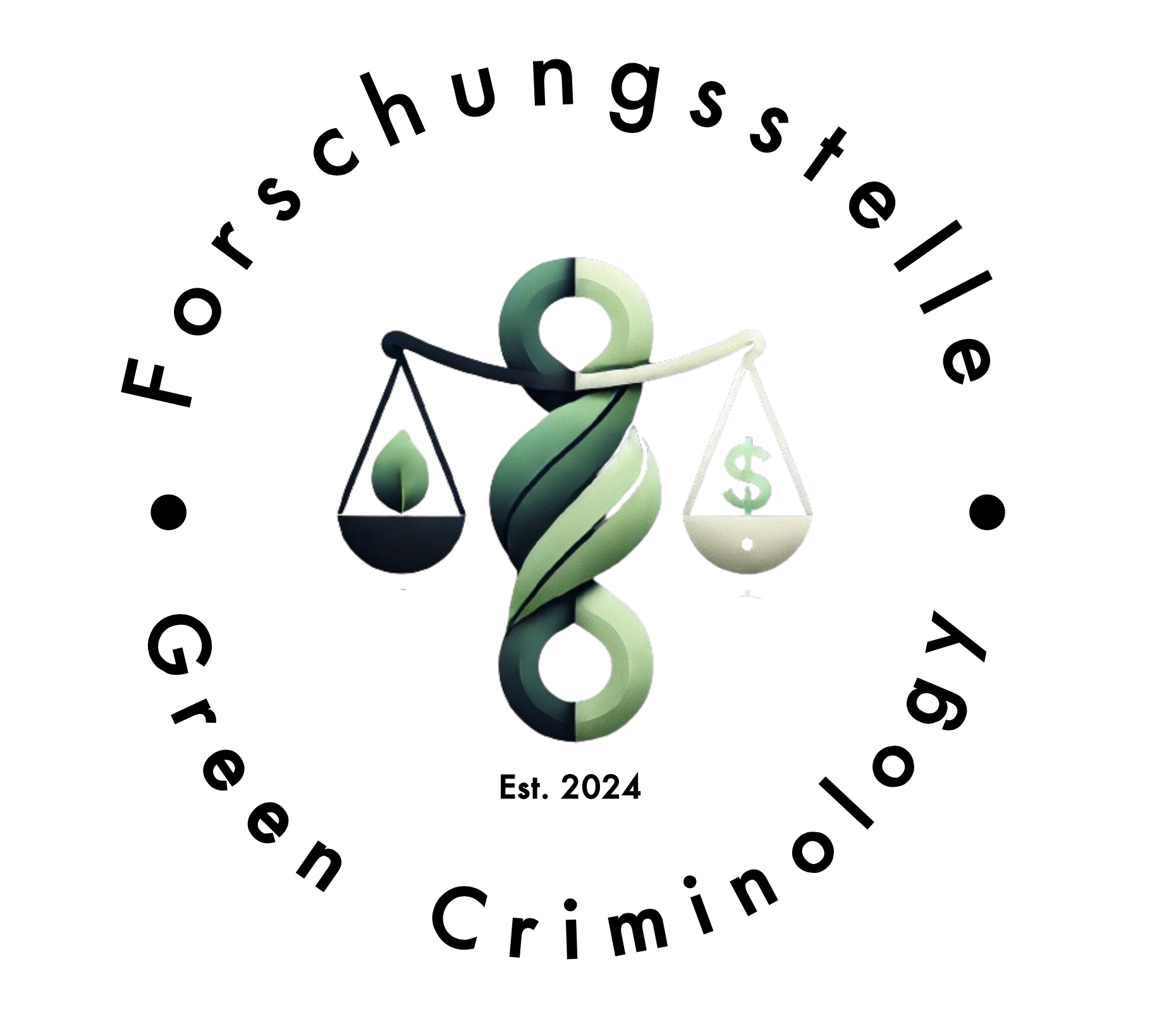Projects
Following the Money of Environmental Crime –
Criminal Liability of Financial Institutions in the
Context of Ecological Harm
(Lucia Sommerer, 2024–present)
The research project examines the financial dimensions of environmental crime. It departs from the observation that environmental crimes — such as illegal logging, unregulated fishing, and waste trafficking — are not only perpetrated by direct offenders but are structurally enabled and sustained by global financial flows. While law enforcement efforts tend to focus on immediate perpetrators, institutional financial actors involved in financing, processing, or facilitating these harmful activities remain largely beyond the reach of criminal accountability.
The project explores the potential of existing financial crime statutes — particularly anti-money laundering provisions (§ 261 German Criminal Code; 18 U.S.C. § 1956 ff. U.S. Code) — to hold such actors liable under criminal law. Adopting a comparative legal approach, the research analyses the doctrinal frameworks in Germany and the United States. A central question is whether interest payments derived from environmentally illicit operations can be classified as “proceeds of crime” and what liability risks arise for financial institutions that process such transactions.
Situated at the intersection of green criminology, corporate and financial criminal law, and international environmental law, this project contributes to expanding the theoretical boundaries of green criminology. It advances a financial criminal law perspective on environmental harm and aims to enhance institutional accountability in the face of global ecological crises.
Conception of an emissions trading accessory
climate protection criminal law
(Johannes Hummelmeier, 2022–present)
The project examines the extent to which national criminal law can contribute to climate protection. The focus is on emissions trading, which is at the heart of European climate protection efforts. While there are numerous provisions for fines in this area, there is no criminal law for climate protection comparable to environmental criminal law.
A possibility is to use familiar criminalization concepts from environmental criminal law. This would mean that violations of administrative law would be sanctioned if they resulted in a damage to the climate or to humans. However, the complexity oft he climate system makes it difficult to establish a causal link between greenhouse gas emissions and a damage to the climate or humans. At the same time, emissions trading is not designed to prevent greenhouse gas emissions in a specific plant, which is why it is unclear whether a violation of its obligations can lead to sanctions at all.
The project seeks answers to these questions and thus attempts to find a functional proposal for the criminalization of climate-damaging behavior.
Ecocide as a new crime under the Rome Statute –
taking stock and looking ahead
(Samuel Rehberger, 2022–2025)
This project analyses the idea of including a new crime of ‘ecocide’ into the Rome Statute of the International Criminal Court (ICC), which has so far been largely focussed on purely anthropocentric interests. The idea of making ecocide a crime under international law dates back to the use of environmentally destructive practices during the Vietnam War and has recently attracted a great deal of attention and gained increasing support but has also faced criticism. Despite an increasingly rich body of literature, fundamental questions, particularly with regard to a possible amendment of the Rome Statute, are comparatively underexplored or remain unresolved. In addition to the appropriateness of ecocide proposals, these issues include, in particular, the normative and practical role of an ecocide crime, as well as its concrete definition and the underlying concepts behind the different definitional approaches. Based on the existing legal framework and previous concepts and proposals, this work attempts to contribute to the clarification of these questions. The work thereby focusses on the limits of (international) criminal law, and on the difficulty of harmonising the sometimes very different characteristics of (international) environmental law and (international) criminal law.

Conference Series “Young Sustainability Law”
- at the University of Halle, 16–17 June 2023 (co-organized by Samuel Rehberger, research assistant at the Green Criminology Research Institute)

- at the University of Munich, 30 July 2022 (co-founded by Lucia Sommerer)






